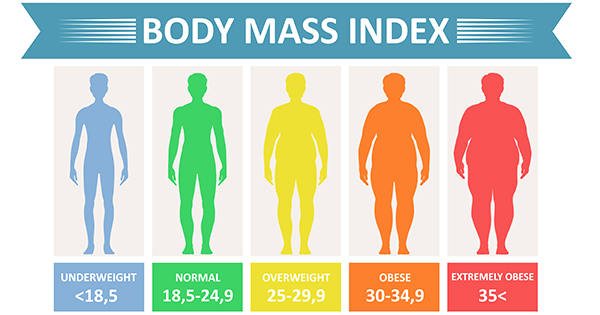Should You Be Counting Calories to Lose Weight?
Counting calories has long been a popular strategy for weight loss. However, whether it works depends on how well you understand the concept of calorie consumption and how it affects your body. Let’s dive into how calorie counting can contribute to weight loss and whether it’s the right approach for you.
Calories Defined
Calories are a unit of energy, and every food and drink you consume (except water and certain beverages) contains some number of calories. To explain it simply, calories are the fuel your body uses to function, much like wood is the fuel for a fire. If you don’t consume enough calories, your metabolism slows down, similar to how a fire dwindles without wood. Conversely, eating enough or more calories keeps your metabolism burning at its normal or faster pace.
How Calorie Consumption Causes Weight Loss and Weight Gain
It’s simple: if you eat too many calories, you gain weight; if you consume fewer calories than your body needs, you lose weight. This is supported by research, which shows that reducing calorie intake leads to weight loss because the body starts to break down fat and muscle for energy when there’s a calorie deficit. So, eating fewer calories than your body requires leads to fat and muscle breakdown, resulting in weight loss.
However, the challenge is figuring out how much of a calorie reduction is needed to achieve weight loss.
Understanding Your Caloric Needs: BMR and Activity Factor
To determine how many calories you should consume, you need to know your Basal Metabolic Rate (BMR) and Activity Factor. Your BMR is the number of calories your body needs to maintain basic functions (like breathing and digestion) at rest. Your Activity Factor reflects how much you move and exercise during the day. By calculating your BMR and adding your activity level, you can estimate the total calories you need to maintain your current weight. From there, you can reduce calories to create a deficit for weight loss.
How to Count Calories
Counting calories involves keeping track of the number of calories in everything you eat and drink. It can be simple if you’re eating foods with nutrition labels, but it gets tricky when eating homemade meals or dining out. Here’s a step-by-step approach to make calorie counting more manageable:
1. Calculate Your Caloric Needs: Start by determining how many calories your body needs to maintain weight, then subtract around 500 calories to create a daily calorie deficit.
2. Lower Your Portion Size: Reducing the size of your meals and snacks is an easy way to cut calories without drastically changing what you eat.
3. Eat a Consistent Variety: Have a selection of go-to healthy meals planned for the week. This reduces decision fatigue and makes sticking to your calorie goals easier.
4. Track Your Intake: Use an app or food journal to track everything you eat. Studies show that people who track their intake, even inconsistently, are more likely to lose weight.
Is Counting Calories Right for You?
The short answer is yes—if done correctly, calorie counting can help you lose weight. However, counting calories alone won’t guarantee weight loss. You need to use the information from tracking your calories to build a plan for creating a calorie deficit through diet and exercise. Additionally, focusing on the quality of the foods you eat, such as choosing nutrient-dense options, can improve your overall results and health.
By understanding your caloric needs and making mindful food choices, you can achieve sustainable and consistent weight loss through calorie counting.






